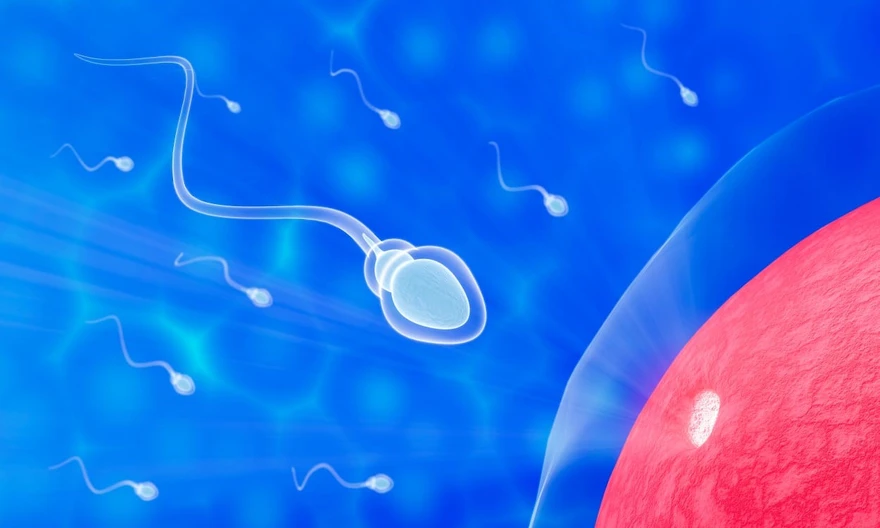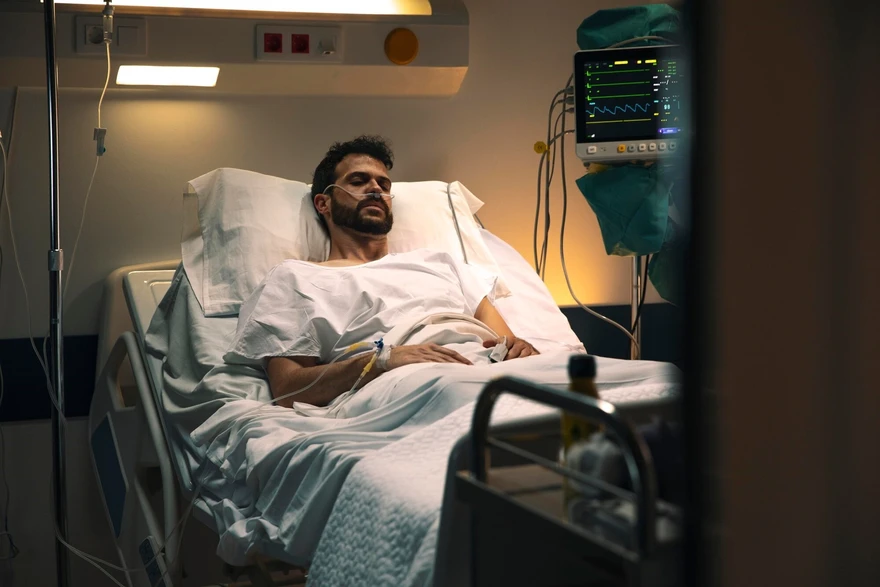Preventive Healthcare
Hypospadias: Types, Symptoms, Causes, and Treatment
227 Views
0

Introduction
Understanding one's health condition can be a daunting task, especially when it's not something which is commonly discussed. One such issue is hypospadias, a birth defect seen in male newborns. It's essential to learn about hypospadias, its different types, common symptoms, underlying causes, and the available treatment options to ensure proper healthcare for the child. This article aims to guide you through these aspects of hypospadias in a simple and relatable manner.
What is Hypospadias?
Hypospadias is a congenital condition in which the urethra opens not at the tip of the penis, but on underside. The urethra is a tube which carries urine from the bladder and semen from the testicles out of the body. Depending on where exactly this opening is, we have different types of hypospadias.
Is Hypospadias a serious problem?
Although hypospadias is not life-threatening, it can cause problems with urination and sexual function later in life if untreated. Therefore, early identification and management is essential. The severity of hypospadias varies, with cases considered mild if the opening is near the tip of the penis and more severe if the opening is below the penis or on the scrotum. With successful surgical treatment, most men with hypospadias can achieve normal urination and sexual function
What are the types of Hypospadias?
The classification of hypospadias types depends on the location of the urethral opening:
- Glanular: Near the penis tip
- Coronal: Slightly behind the tip
- Penile: Anywhere along the penis shaft
- Penoscrotal: At the penis-scrotum junction
- Scrotal: Inside the scrotum
- Perineal: Between the scrotum and anus
These variations help doctors determine the best hypospadias treatment approach.
How common is Hypospadias?
Hypospadias is relatively common, affecting approximately 1 in 250 male births globally. This statistic underlines why understanding hypospadias symptoms and hypospadias causes is vital for parents.
What are the symptoms of Hypospadias?
The main symptom of hypospadias is an abnormally located urethral opening.
However, other hypospadias symptoms can include:
- Downward curvature of the penis (Chordee)
- Incomplete or hooded foreskin
- Abnormal spraying during urination
Is Hypospadias the same as a Chordee?
No, they aren't the same. While chordee (penis curvature) can accompany hypospadias, it can also occur independently without any urethral deformity.
What causes Hypospadias?
The exact hypospadias causes is still unknown, but it is thought to be related to a hormonal imbalance during fetal development that affects the formation of the urethra. Genetic factors may also play a role, as hypospadias is often hereditary.
Who does Hypospadias affect?
Hypospadias affects only males. However, girls don't experience this condition because their urinary system's structure is different.
Can i have a baby if i have Hypospadias?
Yes, men with hypospadias can father children, especially if the surgical correction is successful in restoring normal urinary and sexual function.
Can you pee with Hypospadias?
Yes, urination is possible with hypospadias. However, the urine stream may not be straight because of the urethra's abnormal opening position.
How is Hypospadias diagnosed?
Hypospadias is usually identified during a standard physical examination shortly after
birth. A pediatrician or urologist can confirm the diagnosis.
What type of doctor treats Hypospadias?
Pediatric urologist are specialists who treat hypospadias and other urinary tract issues in children.
How is Hypospadias treated?
The primary hypospadias treatment involves surgery, which is often carried out within the child's first year. The operation repositions the urethral opening and corrects penile curvature, if present. It has a high success rate but can sometimes lead to complications like infection, bleeding, or recurrence.
What are the complications or side effects of Hypospadias repair?
Some potential complications post-hypospadias repair could include:
- Infection
- Bleeding
- Scarring
- Recurrence of hypospadias
However, these complications are rare and manageable with prompt medical attention.
How soon after treatment will my child feel better?
Most children start feeling better within a few weeks after surgery. Full recovery takes up to three months. Every child is unique and recovery time may differ for all children. In case of doubts or confusion about your child's recovery, always contact trained doctors and professionals who can help you.
Can Hypospadias be prevented?
As hypospadias is a congenital defect it can be likely linked to fetal hormonal imbalances, prevention isn't entirely possible. However, maintaining overall health during pregnancy might reduce risk.
During pregnancy, there are some steps that can be taken to potentially reduce the risk of hypospadias, such as:
- Maintaining a healthy lifestyle and avoiding exposure to certain environmental toxins or medications that may increase the risk.
- Ensuring adequate folic acid intake, as some studies have linked folic acid deficiency to an increased risk of hypospadias
Some researches indicates that identifying the patients with a genetic susceptibility to hypospadias could help in prevent the condition. This implies that further research into the genetic factors contributing to hypospadias may lead to preventative measures in the future.
What can i expect if my child has Hypospadias?
Parents needn't panic as hypospadias is treatable. With proper care, children can lead completely normal lives post-treatment. Hypospadias is treated with surgery, often done when a baby is 6-24 months old. Your baby should not be circumcised at birth, as foreskin may be needed for repair. More than one surgery may be needed to complete the repair.
Openly talk to your provider about risks, benefits and side effects of surgery.
Conclusion
Understanding hypospadias, its symptoms, hypospadias causes, and treatment options enables you to make informed decisions about your child's health. Although the diagnosis can be overwhelming, remember, with professional medical care, your child can live a normal, healthy life.
You might also consider Metropolis Healthcare's diagnostic services for reliable pathology testing and health check-ups. Their advanced labs and qualified technicians ensure accurate results delivered right at your home for comfort and convenience. With Metropolis, prioritizing your child's health becomes simpler than ever.
 Home Visit
Home Visit Upload
Upload














1701259759.webp)









 WhatsApp
WhatsApp